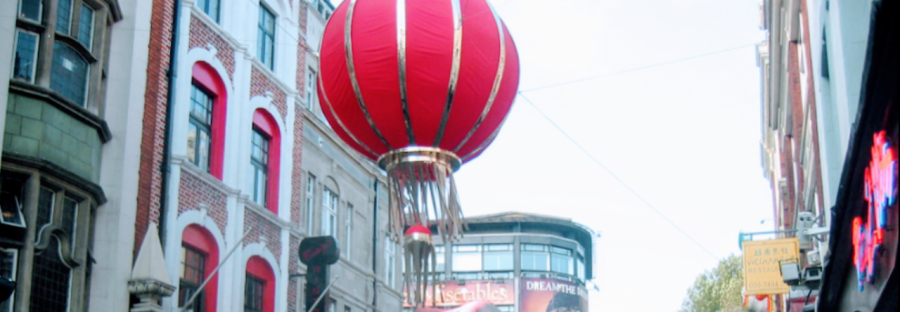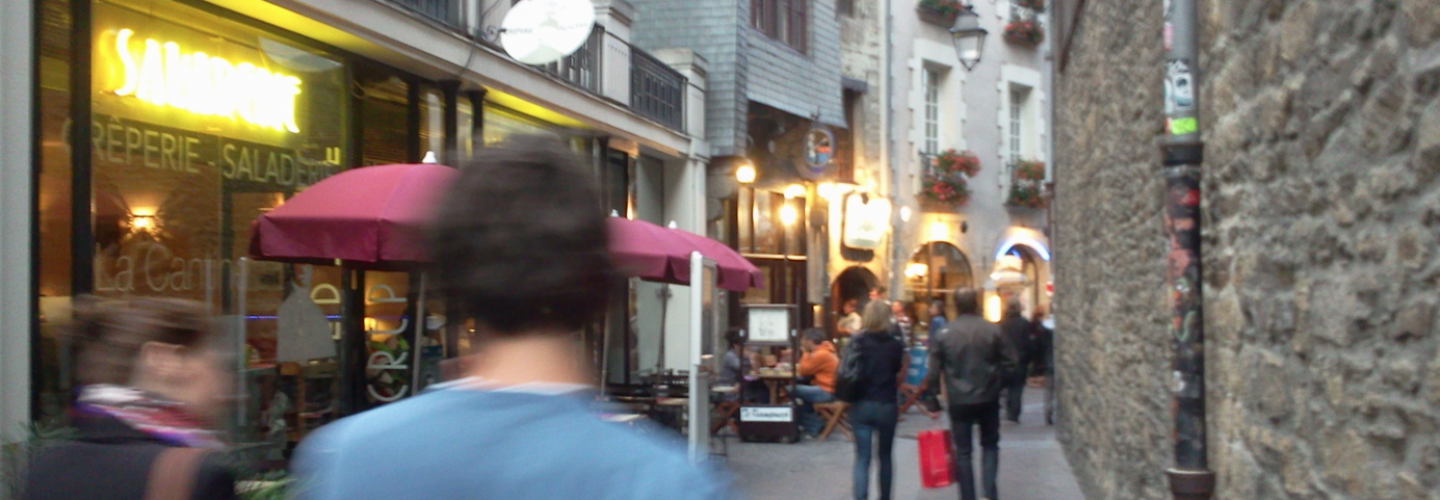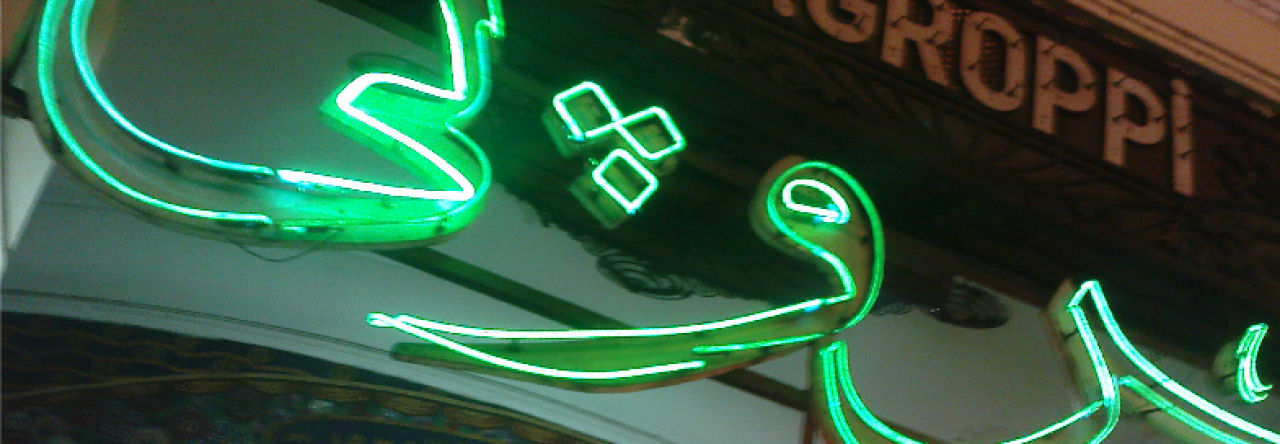Beim gestrigen EM-Spiel haben die Deutschen anfangs wie eine Schar kopfloser Hühner gegen die starken Schweizer agiert, bis der frisch eingewechselte Niclas Füllkrug in der Nachspielzeit den Ausgleichstreffer zum 1:1 erzielte. Damit gelingt Deutschland in letzter Sekunde der Einzug ins Achtelfinale.
Author: michael kreutz Page 1 of 12
Writer, speaker, traveler.

Believe it or not, Chinese New Year begins today – and it is the Year of the Dragon. The dragon (龍 lóng) symbolizes strength and success in Chinese culture and, especially this year, has a kind of superpowers.

Kürzlich hatte ich das Vergnügen, Luis Buñuel auf der Bühne zu erleben, natürlich nicht ihn persönlich, der schon lange nicht mehr unter den Lebenden weilt, sondern in Form eines Stückes, das sich “Der Würgeengel” nennt, von Psalmen und Popsongs handelt und an das gleichnamige surrealistische Filmdrama Buñuels anlehnt.

The “Maoist Legacy” project is a treasure trove of digitalized documents contributing to the question of historical justice after the death of Mao Zedong. It includes a project bibliography, non-Chinese language works, magazine and newspaper articles, interviews with informants in Hong Kong, caricatures, and more.
Keine Ahnung, was all die Redakteure und Blogger dazu treibt, unter der Rubrik “Comic” fast ausschliesslich sogenannten Graphiknovellen zu huldigen, die das Medium Comic der Belletristik gleichstellen wollen, am Ende aber häufig weder das eine noch das andere sind, sondern nur hochtrabende Geschichten, die in mittelmässige Bilder umgesetzt wurden.
I have been saying this for many years: secularism, or rather the idea of a predominantly secularist state, i.e. a state separate from organized religion, is not simply a Western idea that has no traction in societies in the rest of the world. A notable article in Aeon argues on behalf of Iranian secularism and why proponents of postcolonialist theory fundamentally misunderstand it:

Wer Darwins Evolutionstheorie in anzweifelt, ist nicht unbedingt Anhänger eines christlich begründeten “intelligent design”.Der österreichische Schriftsteller Egon Friedell (1878-1939) hat versucht, die Entstehung der Arten gegen Darwin zu erklären, ohne sicb auf die Religion zu berufen.
Watch this. Syrian-German filmmaker Waref Abu Quba Rund has assembled around 2,900 photographs of Istanbul into a kaleidoscope of sensuality, “a mesmerizing journey into the past, paying homage to Islamic, Ottoman, Greek, and Byzantine art forms.”

75 years after its declaration of independence, Israel is still widely misunderstood
The origin of modern Israel is usually told as follows: Pogroms since the 19th century, culminating in the Holocaust, prompted Jews to emigrate to Palestine, where they enlisted British aid to revitalize their ancient state while marginalizing the native Arab population, creating a conflict that simmers to this day. From this perspective, the Jewish state is a historical anomaly and a persistent alien to the region, born of events on another continent.
